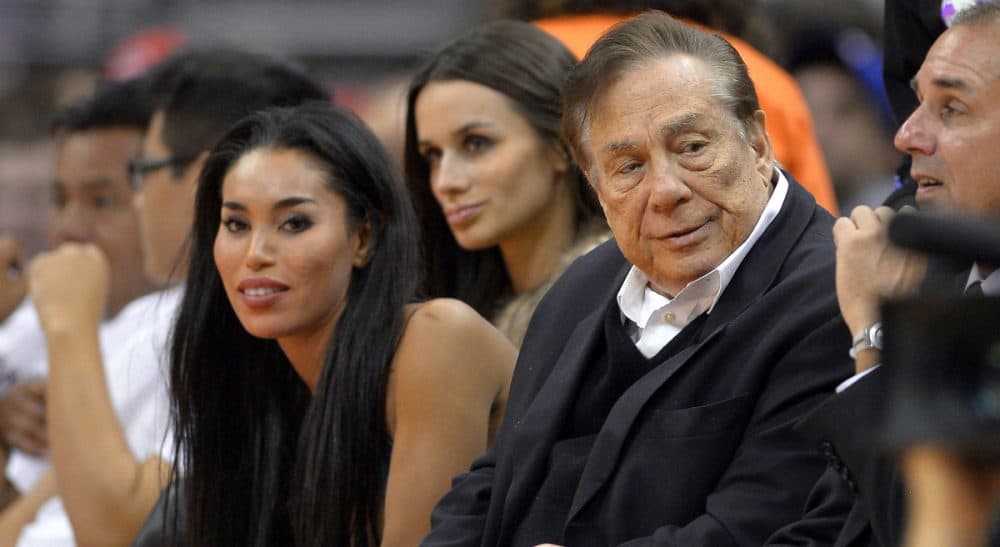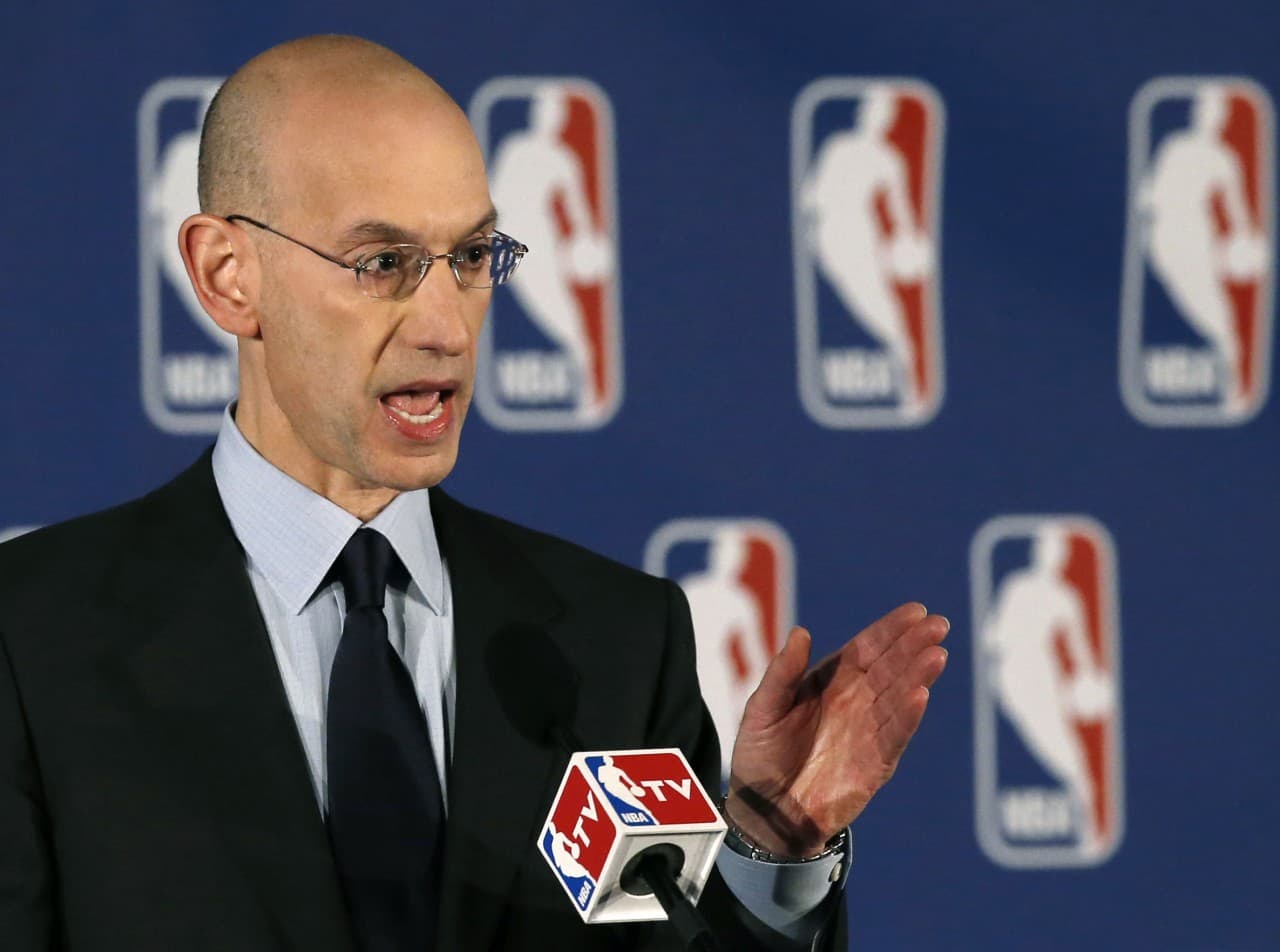Advertisement
Here's What Finally Did Donald Sterling In

Wow.
That’s all you can say.
Wow.
NBA Commissioner Adam Silver needed three days to do what his predecessor couldn’t do in three decades: ban Donald Sterling from the NBA for life and force the sale of his Los Angeles Clippers.
This wasn’t the nuclear option. This was the thermonuclear option. And it was both fitting and proper after hearing Sterling’s despicable and disgusting comments over the weekend. Silver really had no other choice.
No one wanted any part of Sterling or his Clippers after those remarks became public. Sponsors fled the team. Coach Doc Rivers, signed for three years, wouldn’t commit to even a second. Players suggested going elsewhere and potential free agents would assuredly rule out the Clippers with Sterling still there.
This wasn’t the nuclear option. This was the thermonuclear option. And it was both fitting and proper...
Sterling, the most tenured owner in the 30-team NBA, has long been a thorn in the side of the league. Previous commissioner David Stern fought Sterling’s unauthorized move from San Diego to Los Angeles in the early 1980s and stomached the frequent lawsuits ranging from Sterling unwilling to honor coach’s contracts to settling a discrimination suit with the U.S. government.
But once Sterling’s “hateful opinions” — Silver’s term — popped up on TMZ and Deadspin, Silver went from shock to outrage to putting on his lawyer’s hat, doing his due diligence and bringing down the hammer on one of the 30 men who authorized his succeeding Stern. He banned the most execrable owner in the league from any NBA-related activities and you can be dead sure he has the votes from the other owners to force the sale of the team. He only needs three-fourths of the 30. He won’t have to worry about a head count. It will be unanimous.
Silver dodged the Priors Question about Sterling. There was a mountain of evidence suggesting Sterling was a reprobate, but the crafty octogenarian always managed to settle (without admitting wrongdoing) or win (as he did in Elgin Baylor’s frivolous lawsuit against his former boss). Other than declaring him a menace, there was nothing Stern could legally do without inviting a lawsuit from the litigious Sterling.
Advertisement
But the power of the spoken word eventually did in the lawyer/landlord.

Sterling didn’t deny saying what he said. Silver said Sterling owned up to the remarks and no more. No remorse. No horror. Nothing. Facing a rebellion from within and without the league he just took over in February, Silver had to act swiftly and decisively. He did both.
Somewhere, former Celtics coach Bill Fitch is popping champagne. The Clippers fired Fitch after the 1997-98 season and, according to court documents, Fitch was still owed $4 million. The Clippers initially honored the contract. But they then stopped paying Fitch when they felt he wasn't looking hard enough to find a new job. The lawsuit was settled out of court with the terms confidential.
Sterling, in a 94-page deposition, said under oath that he had nothing to do with the lawsuit — it was all the work of the team’s counsel — nor was he ever consulted or had any input into the lawsuit. Sure.
The New York Times noted that a former Clippers’ assistant coach, Kim Hughes, required surgery and Sterling told him that the team’s insurance wouldn’t cover the cost of the operation. Four players eventually chipped in to cover the estimated $70,000 in medical bills.
the power of the spoken word eventually did in the lawyer/landlord.
If the Clippers waived a player with a guaranteed contract, as they did with Sam Cassell in 2008 after buying him out, Sterling didn’t understand why he still had to pay the guy. For a man with a legal degree — he was referred to as "a prominent attorney" in a Clippers Media Guide — he was an absolute Luddite in these matters. He actually testified — again under oath in the Fitch deposition — that he had no idea what a guaranteed contract was. He also testified in that same deposition that he had no involvement in basketball matters for the Clippers. There was no accompanying laugh track. There should have been.
The end for Sterling also means the end for his toady, Andy Roeser, the “president” of the Clippers. He’s the one who released a statement after Sterling’s remarks were made public, a statement that said, basically, that the opinions expressed by his boss were not those of his boss. He’s been at Sterling’s side for three decades and trust me when I tell you there will be no tears shed when his desk gets cleared out.
It’s as if Silver fumigated the organization. The old saw that fish stinks from the head down was never more in evidence than with the Clippers. Now, thanks to the commissioner’s bully pulpit, the Clippers can start anew, with new owners, new executives and a life away from disgraced Sterling.
This is what a lot of NBA watchers — including yours truly — hoped would happen to Donald Sterling. No one is more deserving. And you know what’s going to eat at Sterling the most from all this? The $2.5 million fine that Silver also levied, the maximum allowable. For not only was Sterling the most pathetic of NBA owners, he also was the most penurious.
Related:
